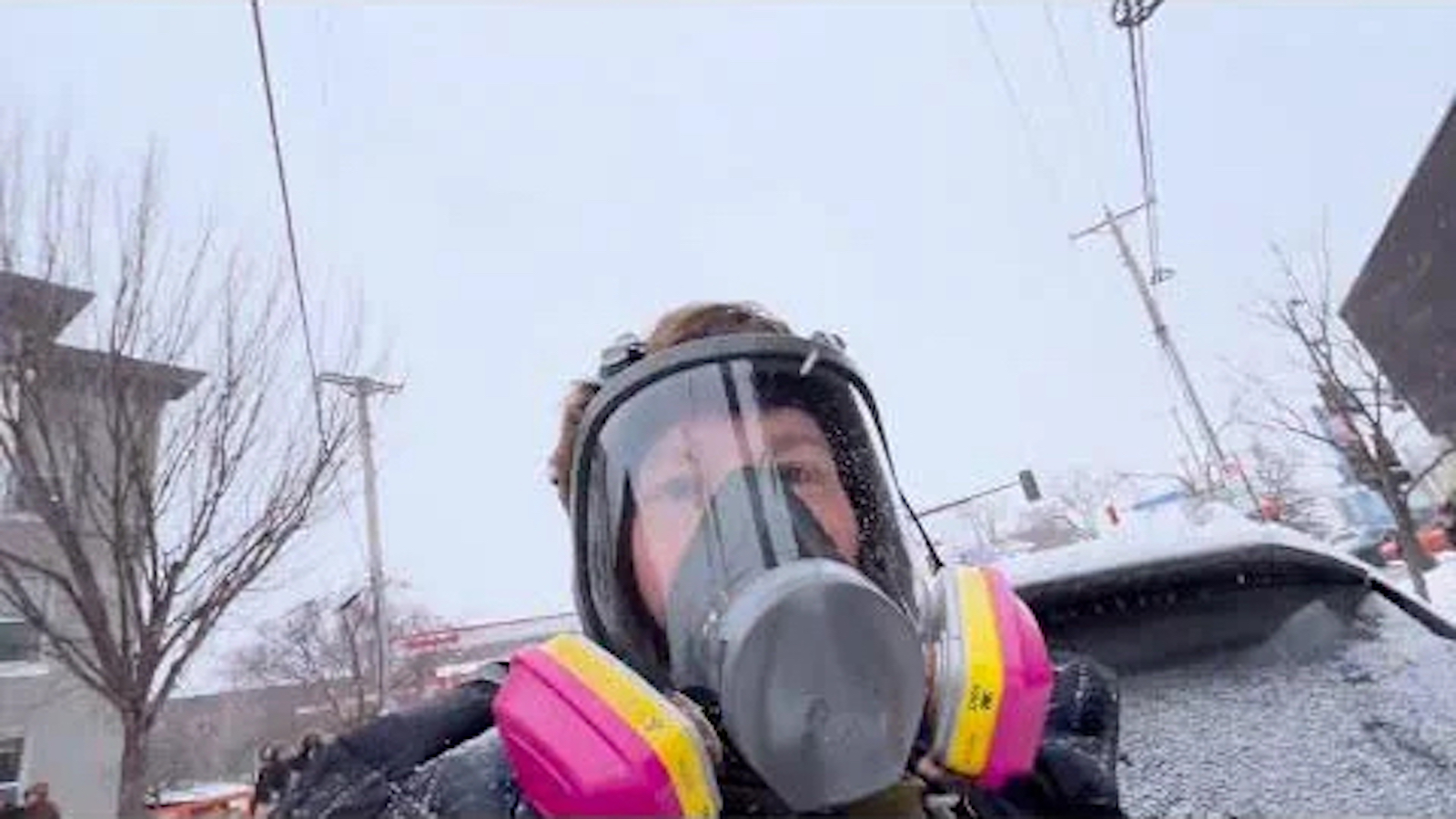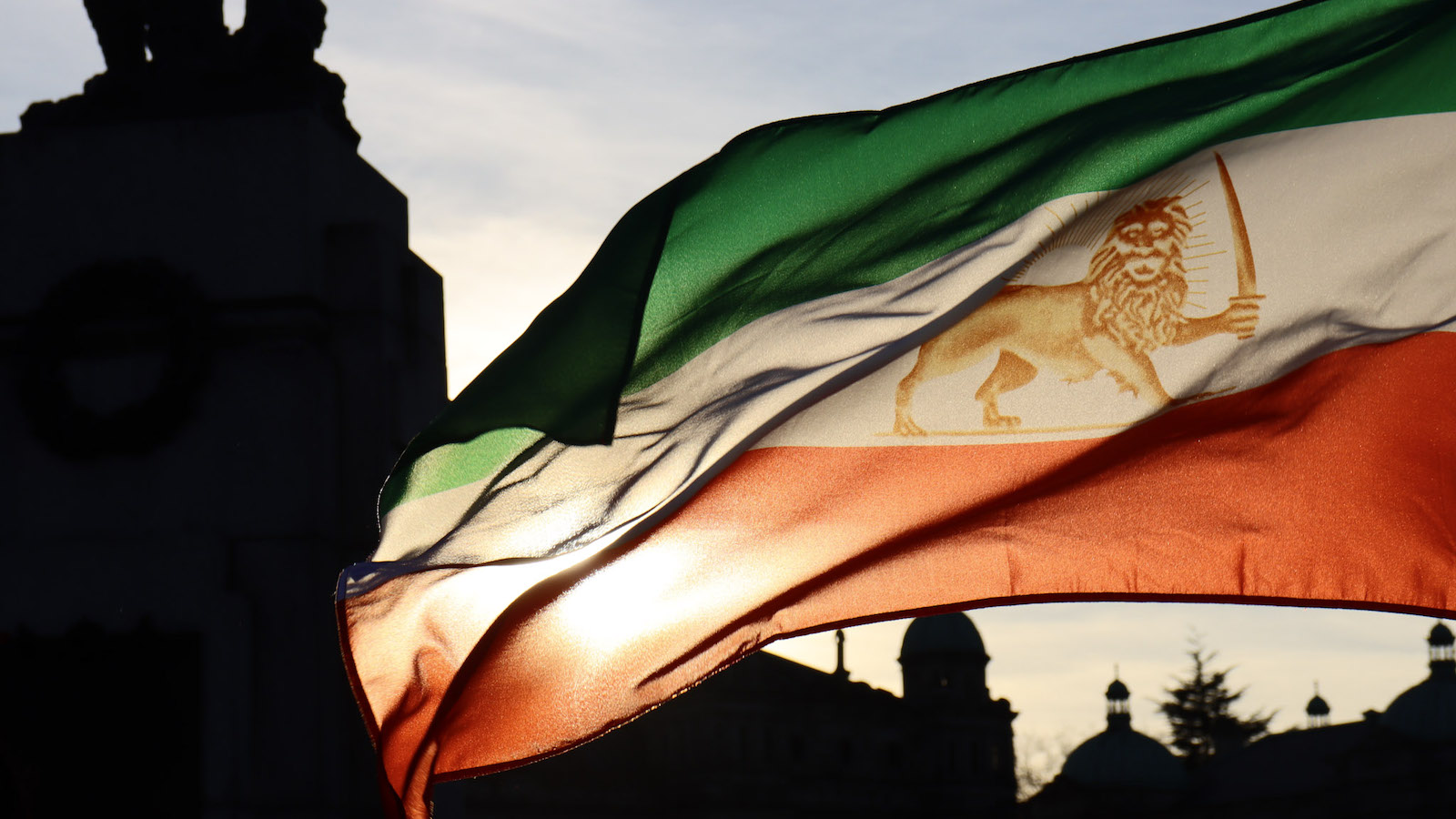Mar 28, 2018
S1 Ep 6: From Russia with Blood
Ever wonder why communist protesters show up at rallies with clubs and masks? It’s because violence is baked into the philosophy going all the way back to Marx and Engels. Learn about the violent roots of communism on this episode of The Deadly Isms with Matt Kibbe.




Thomas Mrett
“Ever wonder why communist protesters show up at rallies with clubs and masks?”
No, because communist protesters aren’t known for that. Anarchists are.
“It’s because violence is baked into the philosophy going all the way back to Marx and Engels. Learn about the violent roots of communism…”
Every revolutionary ideology has violence “baked into” it. It’s why the Declaration of Independence states “That whenever any Form of Government becomes destructive of [Life, Liberty and the pursuit of Happiness], it is the Right of the People to alter or to abolish it” It’s why Thomas Jefferson, Thomas Paine, and other American revolutionaries were denounced by reactionaries at home and abroad for promoting the “destructive” right to revolution.
Not to mention the context in which Marx, Engels, and Lenin spoke of the need of the proletariat to recourse to violence. The Communist Manifesto was written amid the impending revolutions of 1848-49 in Europe, in which not just the Communist League but bourgeois radicals (including figures like Carl Schurz who later emigrated to the US and became prominent Republicans) fought against autocracy. As for Tsarism in Russia, to quote Mark Twain: “If such a government cannot be overthrown otherwise than by dynamite, then thank God for dynamite!”
Then of course there’s the question of just how exactly violence is “baked into” communism. Three quotes should suffice:
To the question “Will the peaceful abolition of private property be possible?” Friedrich Engels answered in his text Principles of Communism: “It would be desirable if this could happen, and the communists would certainly be the last to oppose it. Communists know only too well that all conspiracies are not only useless, but even harmful. They know all too well that revolutions are not made intentionally and arbitrarily, but that, everywhere and always, they have been the necessary consequence of conditions which were wholly independent of the will and direction of individual parties and entire classes. But they also see that the development of the proletariat in nearly all civilized countries has been violently suppressed, and that in this way the opponents of communism have been working toward a revolution with all their strength. If the oppressed proletariat is finally driven to revolution, then we communists will defend the interests of the proletarians with deeds as we now defend them with words.”
Marx, in an outline of an 1878 article to be titled “The Parliamentary Debate on the Anti-Socialist Law,” wrote: “The objective in the case under consideration is the emancipation of the working class and the revolution (transformation) of society implicit therein. An historical development can remain ‘peaceful’ only for so long as its progress is not forcibly obstructed by those wielding social power at the time. If in England, for instance, or the United States, the working class were to gain a majority in Parliament or Congress, they could, by lawful means, rid themselves of such laws and institutions as impeded their development, though they could only do so insofar as society had reached a sufficiently mature development. However, the ‘peaceful’ movement might be transformed into a ‘forcible’ one by resistance on the part of those interested in restoring the former state of affairs; if (as in the American Civil War and French Revolution) they are put down by force, it is as rebels against ‘lawful’ force.”
Lenin, speaking to a meeting of the Moscow Soviet on April 3, 1919: “In a country where the bourgeoisie will not offer such furious resistance, the tasks of the Soviet government will be easier; it will be able to operate without the violence, without the bloodshed that was forced upon us by the Kerenskys and the imperialists. We shall reach our goal even by this, more difficult, road. Russia may have to make greater sacrifices than other countries; this is not surprising considering the chaos that we inherited. Other countries will travel by a different, more humane road, but at the end of it lies the same Soviet power.”